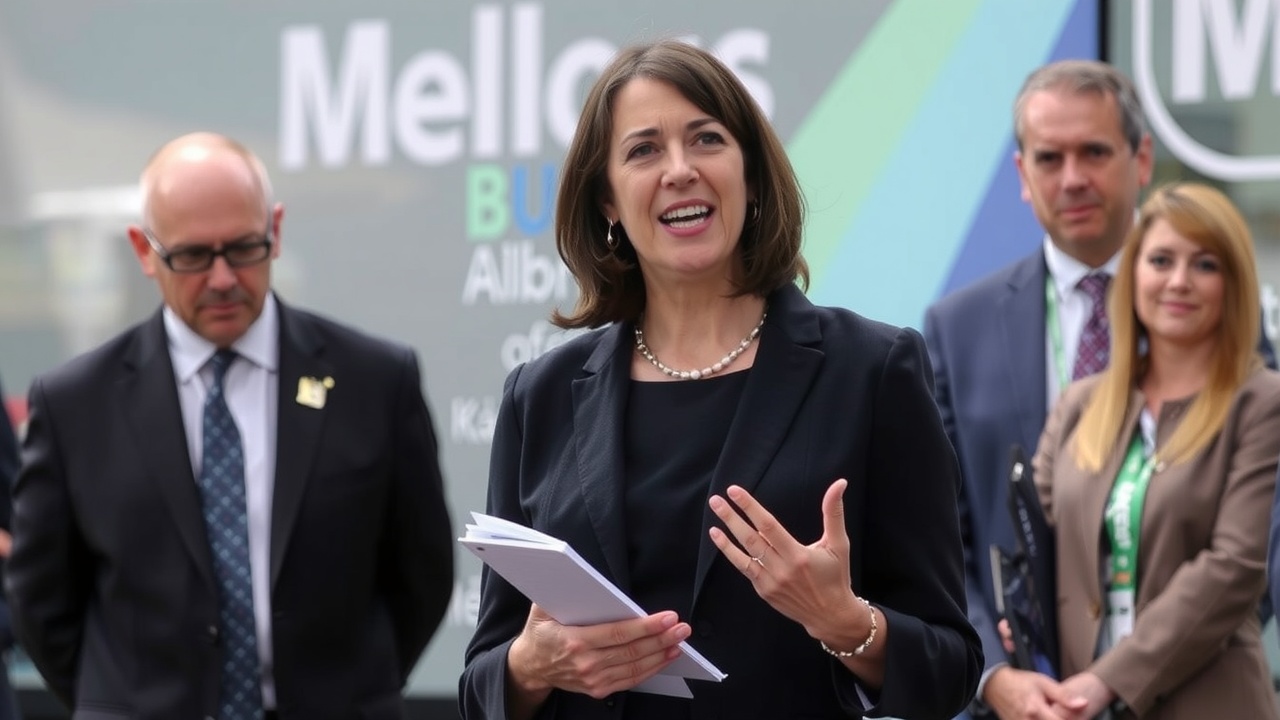
Next week, the Spending Review will be announced, and Chancellor Rachel Reeves will have to make some tough decisions
We consider potential announcements.
Government agencies are vying for additional funding as the Spending Review draws near, and chancellor Rachel Reeves must make some difficult choices.
While retirees are probably crossing their fingers for major changes to the eligibility requirements for winter fuel payments, investors and savers will be hoping that there won't be any unpleasant tax or pension plans.
As the second stage of the "Spending Review 2025," the review will take place less than three months after the Reevess Spring Statement. Budgets for 2024 - 2025 and 2025 - 2026 were established and departmental budgets were confirmed in the Autumn Budget.
"Multiple balls of pledges to be kept up in the air from defence, to pay demands and relief for families and pensioners" are making the chancellor's "fiscal juggling act" more challenging, according to Susannah Streeter, head of money and markets at Hargreaves Lansdown.
The Spending Review "may prove to be one of the most significant domestic policy events of this parliament," according to the Institute for Fiscal Studies (IFS), a think tank.
In light of this, we examine the potential contents and the date of the Spending Review.
How does the Spending Review work?
The government's method for determining departmental budgets for upcoming years is called a Spending Review. This includes the amount of money the government will spend on major infrastructure projects or energy security, as well as services like the NHS, schools, and transportation, in order to spur economic growth nationwide.
In charge of the Spending Review are the chief secretary to the Treasury and the Chancellor of the Exchequer.
Reeves' Autumn Budget already established department budgets for 20252026; therefore, the Spending Review will validate spending allotments for the next three to four years.
The review looks at two types of spending: investment, which includes money for new buildings like hospitals and schools, and day-to-day, which includes things like salaries, supplies, and administrative expenses.
The Spending Review will outline investment spending for four years and daily spending for three.
According to the IFS, the next Spending Review "will be the first multi-year Spending Review since 2021, and the first to happen outside of a pandemic since 2015."
When is the Spending Review scheduled to occur?
On Wednesday, June 11th, Reeves will present the Spending Review to the House of Commons.
The Prime Minister's Questions will be followed by a confirmation from the Treasury to the BFIA that it will happen at midnight. After Reeves concludes her presentation, she will take questions from the house, which could take an hour or two, and the Spending Review documents will be released.
What announcements have been made in advance of the Spending Review?
In advance of next week's Spending Review, the government has already made a few announcements.
For instance, defense spending is expected to increase from 2 percent of GDP to 2 percent by 2027, or about £5 billion more annually, with plans to raise it to 3 percent by the next generation of lawmakers.
Then there is the pledge to increase the pay of English public sector employees by 35% in 2025 - 2026 instead of the 28% the chancellor had initially planned, which could cost an additional £23 billion.
Reeves is also expected to announce a 15 billion pound package to finance bus, train, and tram extensions in Tyne and Wear, the Midlands, and Greater Manchester.
As the Spending Review draws near, there will probably be more announcements in the days to come.
There may still be some decisions to be made, though, as media reports indicate that with only a week left before the final decisions are made, Yvette Cooper, the home secretary, Angela Rayner, the housing secretary, and Ed Miliband, the energy secretary, are still in talks with the Treasury.
In the Spending Review, what could be revealed?
"Not every government department will get everything they want" in the Spending Review, Reeves said during a speech in Manchester on Wednesday, adding that funding constraints were a "product of economic reality."
As a result, some departments may have to make budget cuts after being dissatisfied with their funding allocation.
According to Jason Hollands, managing director of wealth management firm Evelyn Partners, "If the chancellor sticks to her uncompromising fiscal policies, which she has previously stated are non-negotiable, non-protected departments are likely to experience significant cuts.
"Inflation-busting wage demands and brewing industrial action in the NHS, a revolt within the Labour Party over welfare cuts, expectations of at least a partial U-turn on Winter Fuel Payment and the removal of the two-child benefit cap, and mounting pressure to significantly increase defense spending (NATO has instructed member states to increase defense spending 35% of GDP) will all come into play when the Spending Review is announced.
In fact, aside from departmental spending plans, there is conjecture that we may learn more about how the government plans to provide more pensioners with the winter fuel payment this winter. It's unclear at this time how the eligibility requirements will be altered and how many more pensioners will be eligible.
The government could also eliminate the two-child benefit cap if it wishes to appease lawmakers and political organizations.
The Treasury has stated that there will be no changes to borrowing or taxes because the Spending Review is not a "fiscal event" like the Spring Statement and Autumn Budget was.
"We may well see some expectation setting, as we saw this time last year, about difficult decisions ahead, with the government potentially leaning into the twin factors of global trade uncertainties and rearmament as behind this," Hollands says.
As the International Monetary Fund suggests, Streeter notes that Reeves may modify her fiscal reporting regulations. "The government may not have to make such frequent spending adjustments in response to shifts in the economic outlook, which is, as we all know, in a state of flux due to the unpredictability of US trade policy," she says, adding that this could give the chancellor a little more leeway.
Rethinking the fiscal rules framework is probably a better course of action than raising taxes in the Autumn Budget merely to allow Reeves to "stick to her self-imposed fiscal rules," according to Lindsay James, investment strategist at wealth manager Quilter.
"There is still room for a different policy framework that minimizes economic disincentives and distortions and prevents already underfunded departments from being asked to magic up further savings," she continues, adding that no one wants to see a recurrence of the complete disconnect with reality that resulted in the disastrous Truss Mini Budget.
Experts say that tightening restrictions on salary sacrifice, improving the inheritance tax gifting regime, and prolonging the income tax threshold freeze past 2028 are the top priorities if revenue-raising tax changes are included in the Autumn Budget later this year.














Leave a comment on: What might be announced at the Spending Review, and when is it?